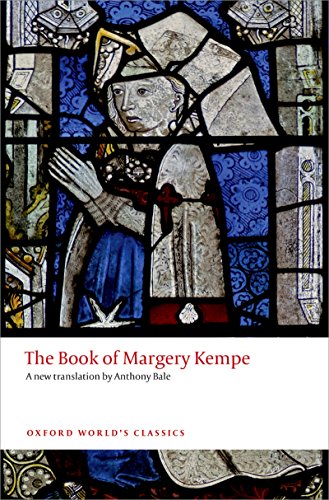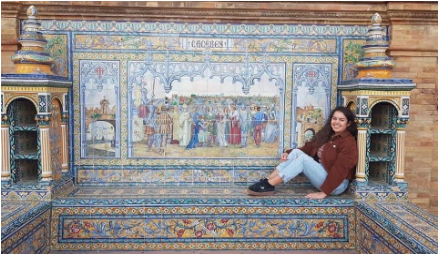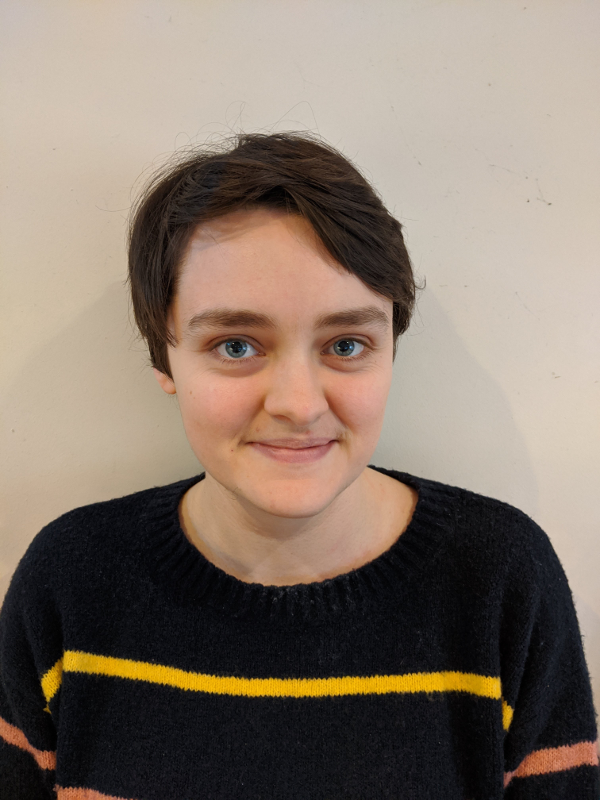This post is part of our Research Initiation Scheme for 2020-2021.
On the 20th of April I interviewed recent Queen’s PhD graduate Aislin Kearney to discuss her research. In February 2021, Aislin successfully passed her viva for a PhD in Spanish with a thesis entitled ‘’The Ambition of Melancholy: The Aesthetics of Heroism in the Lyric poetry of Juan Boscán and Fernando de Herrera’.
Aislin began her studies at Queen’s as a drama student, where she started a beginner’s course in Spanish. She enjoyed the course so much that she decided to change pathways, majoring in Spanish with a minor in Drama. In her final year she described how she was (begrudgingly) enrolled on a Renaissance module. Unexpectedly, however, the module caught her interest, and when she went on to an MA in Spanish at Queen’s, she devoted her Master’s dissertation, and later PhD, to further examining the poetry of the period.

Her Master’s dissertation focused on the work of Spanish poet Juan Boscán, a lesser-known contemporary of Garcilaso de la Vega. Central to her study of Boscán’s poetry was the emerging idea of melancholic heroism, which Aislin explained was particularly interesting when considering the historical context in which the poetry was being written. During a period in which the country was rising to become somewhat of a superpower, much of its most prominent literature was characterized by lovesick, introspective, and melancholic figures.
Aislin described her PhD as a natural progression from her Master’s research, in which she further explored this melancholic aesthetic, and Spain’s attachment to it, by examining not only the work of Boscán but also his successor, Fernando de Herrera. Aislin explained that her choice in poets was influenced by a number of factors. First, the consecutive periods in which these poets were writing allowed for a better understanding of the historical trajectory of Spanish literature during this time. Second, these two lesser-known poets’ peripheral positions in relation to the extensively studied Garcilaso de le Vega allowed for a more expansive understanding of Spanish poetry of the period. Finally, the fact that both of these poets produced theoretical works alongside poetry, where they discussed their methods and approaches, made them interesting subjects on which to focus research.
Continue reading



